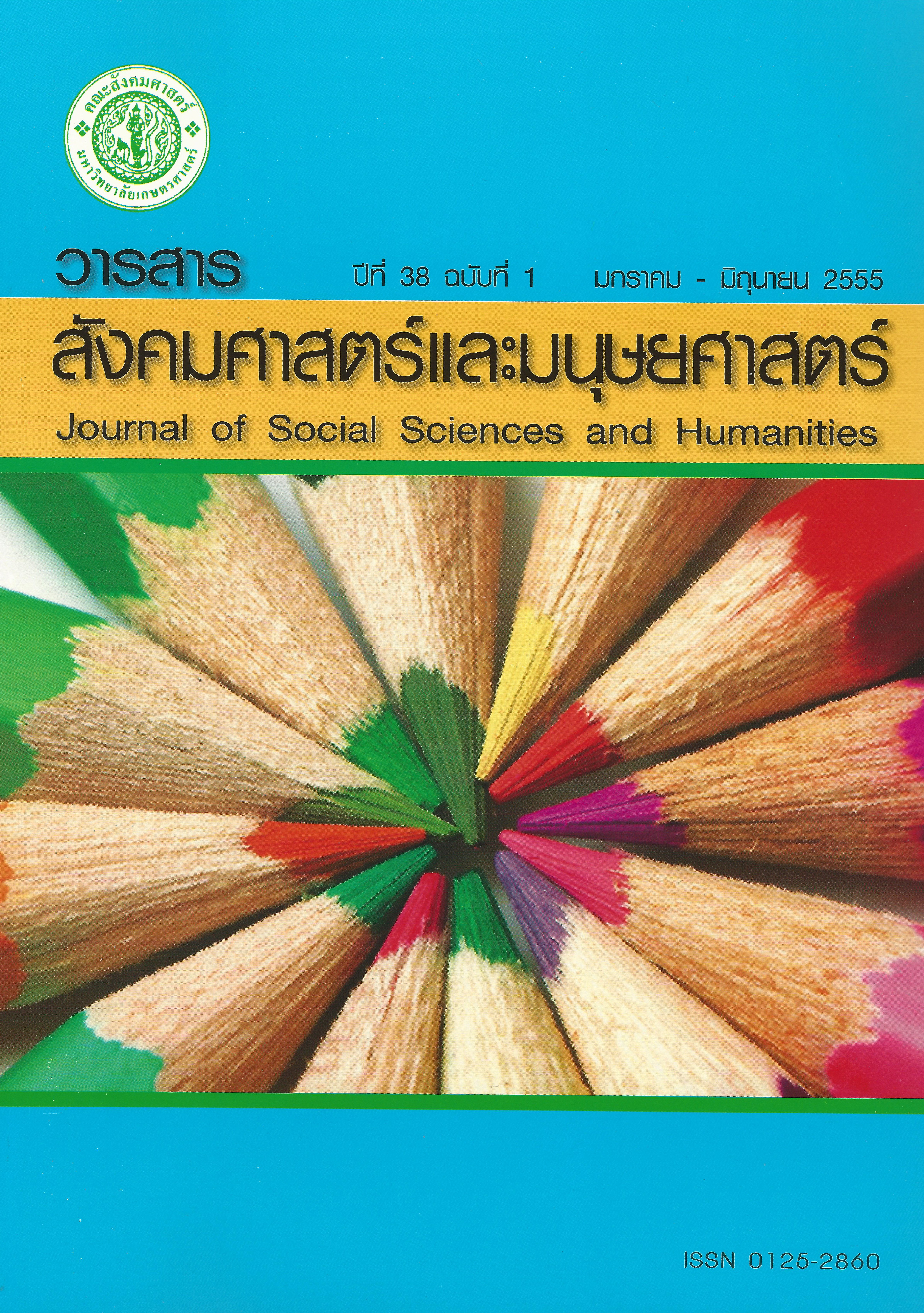บรรษัทข้ามชาติ: "พระเอก" หรือ "ผู้ร้าย" ในสังคมระหว่างประเทศ?
Main Article Content
บทคัดย่อ
Transnational Corporations: "Heroes" or "Villains" in the International Society?
Transnational corporations (TNCs), among others, are key non-state actors within the international system due to the strong economic power they possess. Various international relations theories view the role of TNCs differently. While the theory believing in the concept of 'complex interdependency' views TNCs as the main engine driving the interdependence process among states, other critical and non-mainstream theories consider transnational corporations as the 'unfriendly actors' towards local people. Due to their economic power, TNCs can exert their influence by putting pressure on policy decision making process of the governments in the host countries. In many cases, the benefit of TNCs and the well-being of local people do not go in the same direction and have caused a number of conflicts between them. Therefore, this paper contains two purposes. The first purpose is to review both constructive and destructive roles of TNCs in the international society. The second purpose is to suggest how TNCs and the international society should adapt and adjust themselves to better the way the former operates within the latter. In order to achieve that, TNCs have to enhance their responsibility to all stakeholders which are employees, consumers, shareholders, and the society as a whole while the international society has to multilaterally strengthen the controlling measures of TNCs' behaviors as well as support the strengthening process of consumer protection law within the developing countries so that the laws become more effective in limiting the power of TNCs, enhancing the governance and social responsibility of TNCs and reducing the acts of corruption conspired by government officers and TNCs.Article Details
รูปแบบการอ้างอิง
กิตติเสรีชัย ไ. (2017). บรรษัทข้ามชาติ: "พระเอก" หรือ "ผู้ร้าย" ในสังคมระหว่างประเทศ?. วารสารสังคมศาสตร์และมนุษยศาสตร์ มหาวิทยาลัยเกษตรศาสตร์, 38(1), 21–39. สืบค้น จาก https://so04.tci-thaijo.org/index.php/socku/article/view/80273
ประเภทบทความ
บทความ


